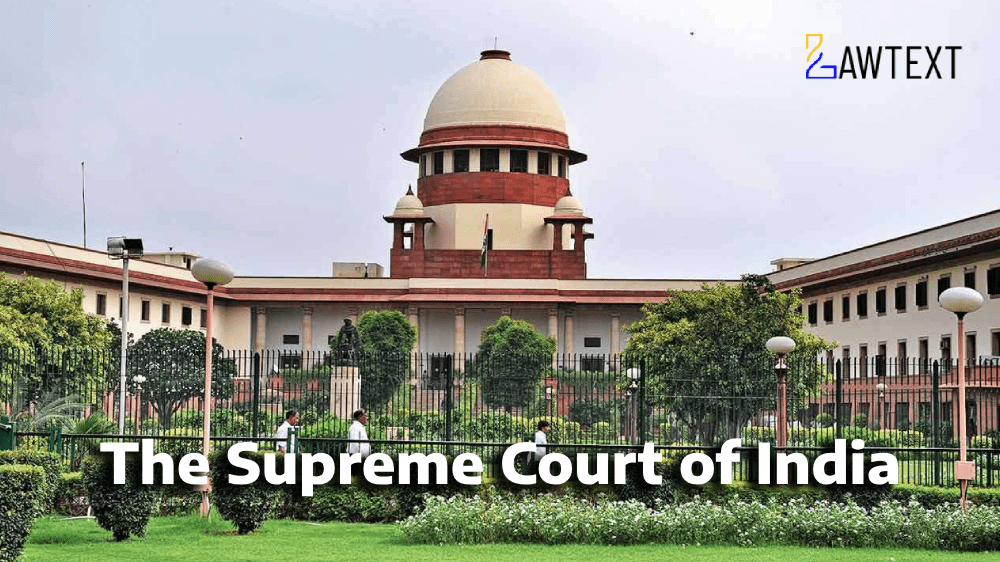

U.P. Consolidation of Holdings Act, 1953:
Indian Evidence Act, 1872:
Constitution of India:
Burden of Proof and Evidence:
The burden to prove paternity and tenancy rights lies with the claimant (Smt. Gulabi), as per Section 101 of the Indian Evidence Act, 1872. The evidence presented (birth register and oral testimonies) lacked credibility and legal sufficiency.
Role of Revisional Authority under Section 48 of the Act:
The Deputy Director of Consolidation may interfere with factual findings only if they are unsupported by evidence, perverse, or illegal. The Revisional Authority inappropriately overturned the Consolidation Officer's factually-supported findings, thus committing an error of law.
Powers of High Court under Article 226:
The High Court rightly exercised its jurisdiction to set aside orders from the Appellate and Revisional Authorities since their findings were based on inadmissible evidence and suffered from legal infirmities.
Delay and Laches:
Smt. Gulabi's challenge to the 1959 mutation order after 14 years without explanation demonstrates delay and laches, undermining her claim. Courts emphasized that delay may be excused only when compelling circumstances exist.
The High Court's decision to restore the findings of the Consolidation Officer was upheld. The findings of the Appellate and Revisional Authorities were declared perverse, incomplete, and erroneous. The appeal was dismissed, affirming the principle that factual findings must be supported by admissible evidence and cannot be revisited arbitrarily by revisional authorities.
Citation: 2024 LawText (SC) (11) 210
Case Number: CIVIL APPEAL NO.3311 of 2017
Date of Decision: 2024-11-21
Case Title: SHAMBHU CHAUHAN VERSUS RAM KIRPAL ALIAS CHIRKUT & ORS.
Before Judge: (C.T. RAVIKUMAR J. , SANJAY KAROL J.)
Appellant: SHAMBHU CHAUHAN
Respondent: RAM KIRPAL ALIAS CHIRKUT & ORS.